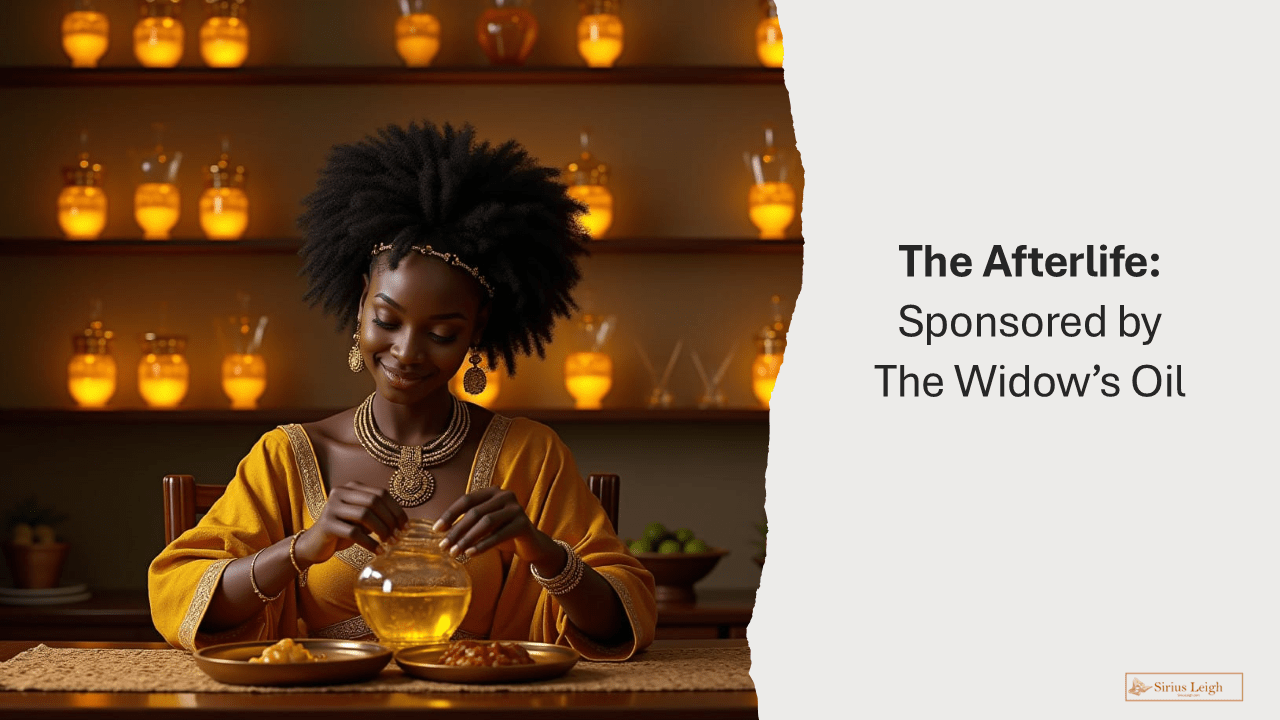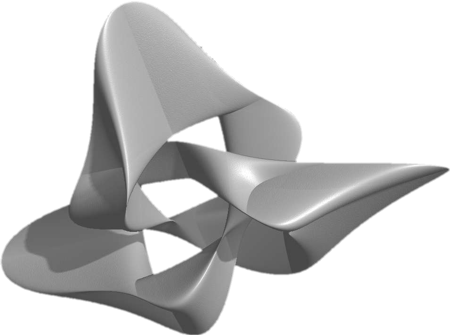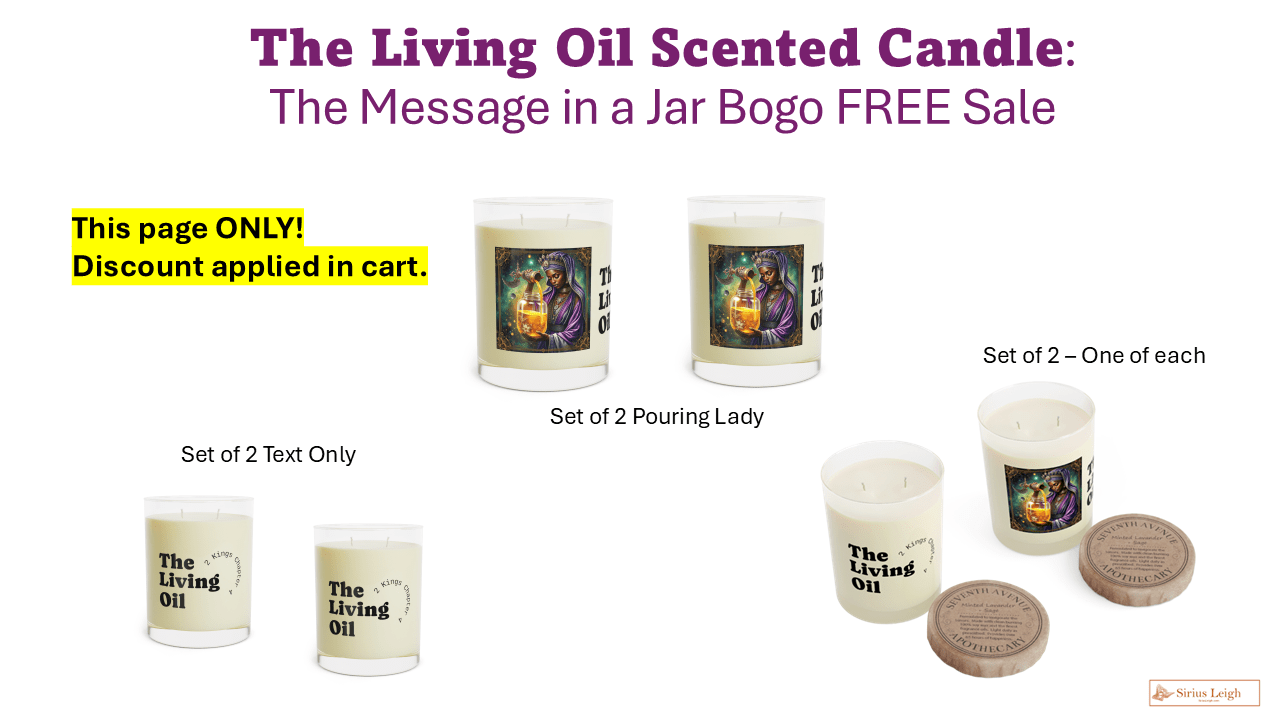
The Afterlife : Sponsored by the Widow’s Oil
“Elisha said, ‘Go around and ask all your neighbors for empty jars. Don’t ask for just a few. Then go inside and shut the door behind you and your sons. Pour oil into all the jars, and as each is filled, put it to one side.’”
—2 Kings 4:3–4 (NIV)
When my husband died, the life I knew was destroyed.
The completion of ‘Til Death do us part is a kind of Afterlife.
The destruction wasn’t just like a building collapse, but more like the decimation of the structural bond holding the concrete together.
A chiralChirality /kaɪˈrælɪtiː/ is a property of asymmetry important in several branches of science. The word chirality is derived from the Greek χείρ (kheir), "hand", a familiar chiral object. A More bond. The kind that doesn’t just split down the middle but spirals in opposing directions, equal and opposite. I had always held my own mind: fiercely, independently, with precision.
In my youthful ignorance I assumed we were parallel, not enmeshed.
But grief taught me otherwise.
I had logistics of grief handled. I was smart. Educated. A mathematician with a working knowledge of psychology, philosophy, and grief literature. I had studied all the maps for loss and thought that would be enough. I expected a clean transmutation of sorrow into wisdom. A tidy alchemy of the mind, just like I’d read about.
I wasn’t prepared.
I wasn’t prepared for emotions that had no names. For mental caverns where even memory couldn’t reach. For the boundless kind of emptiness that doesn’t announce itself with sound, but with the deafening absence of it. I wasn’t prepared for the spiritual vertigo.
How grief disorients not just time but truth.
But even in that space, I remembered the widow from 2 Kings 4.
Her husband gone, her children at risk of being taken. All she had left was a single jar of oil. And a prophet’s strange instructions: Gather all the empty vessels you can. Then shut the door. Pour what you have.
It felt foolish. But she obeyed. And as long as there were empty jars, the oil flowed.
That story is more than memory to me. It is my mirror. An allusionAn allusion (not to be confused with an illusion) is a literary device where a writer or artist makes an More to progression in the face of fear. How to use what you have on hand to build something better.
But I didn’t have jars and oil.
In this iteration of the story, the widow had minds and math.
I had questions, equations, and a soul that wouldn’t sit still. I began to pour, not from abundance, but from the one thing I knew how to do: think deeply and refuse to stop at the surface.
So I turned toward fractals and Fibonacci, toward Pascal and paradox, toward the mystical , the mathematical and God. And behind that closed door, something multiplied.
Not because I had answers. But because I kept pouring.
I didn’t become married to the grief. I let it unmake me. I let it hollow me into a vessel. And then I let the oil of insight, of curiosity, of God, begin to fill what broke open.
Some fear joy after loss. As if happiness is infidelity to what once was. But I know better now: joy is continuity. Not in spite of the loss, but because of it. What was lost became part of me, not a relic, but a resource.
A catalytic force that cracked my old shell so I could reach for something higher.
What you’re about to read now and everything on this site, is the product of the overflowing oil.
It’s what poured out when I stopped trying to survive and started listening to the silence.
I am the iteration widow whose oil came in fractals and calculus and who had minds instead of jars.
Well…the oil is still flowing.
That means there are still jars to fill.
Tag:widows oil

